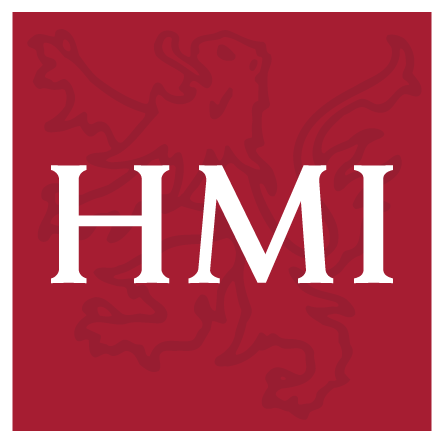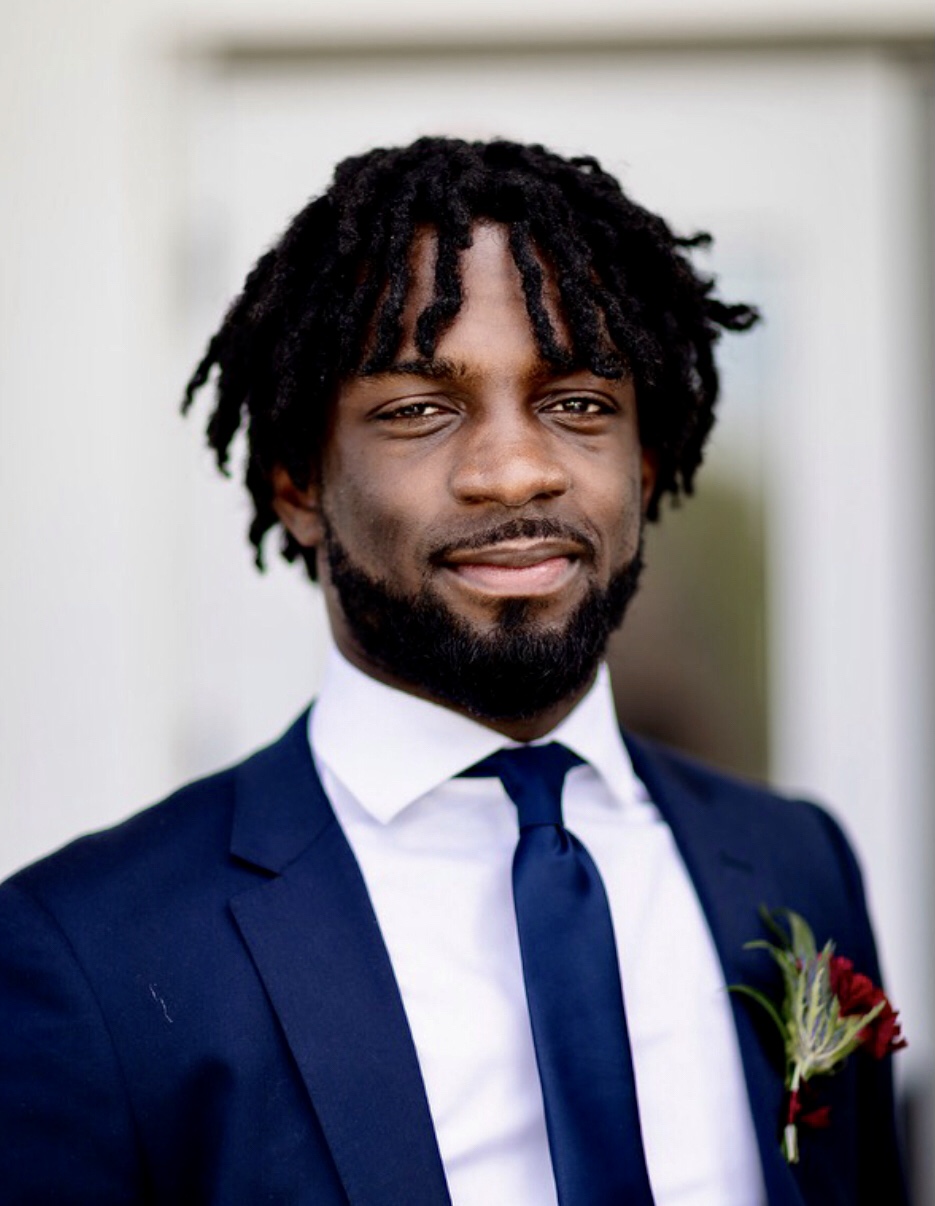The Program for Educators in Health Professions brings together scholars from across the globe annually. To better highlight our vibrant community, we are profiling several of our recent scholars and asking them about their experience in the course. In this blog post, we interview Elorm Avakame, MD, MPP, clinical fellow in Pediatric Critical Care Medicine and Chief Fellow for Education at New York-Presbyterian Hospital/Columbia University Medical Center, about his experience in the course.
Harvard Macy Institute: How would you describe your personal and professional background?
My family is from Ghana, West Africa and I am from Philadelphia. I am a doctor and I love being one. I attended Harvard Medical School, where I first learned about some of the Harvard Macy Institute leaders. Dr. Holly Gooding was one of my attending physicians and is an outstanding educator. I had early exposure to some fantastic educators who were very influential in my journey. After finishing medical school, I pursued a residency in pediatrics and subsequently advanced to a pediatric critical care fellowship at Columbia University. In August, I will start my first faculty position at the Childrens Hospital of Philadelphia in pediatric critical care medicine.
Harvard Macy Institute: What led you to apply to our Program for Educators in Health Professions program?
There are three core pillars of my professional identity: doctor, teacher, and coach. This means that the three things I aspire to do in life are to be a doctor and care for sick patients, be an educator and help trainees learn clinical medicine, and be a coach, aiding trainees in their growth as educators and clinicians. Although physicians are exposed to medical education as they go through their training, I knew that I wanted to develop concrete expertise as an educator beyond the standard teaching skills that typical physician might possess. I knew that to become an expert, I needed dedicated training as an educator, and I saw the Harvard Macy program as the first step to pursue such training and begin to build my career as a clinician-educator.
Harvard Macy Institute: How would you describe your overall experience in this program?
It is not an exaggeration to say that my participation in this program has been life changing. I say this for three principal reasons. First, this program has affirmed that I really love teaching medicine. I have been so inspired, impressed, and motivated by the content we are exposed to in the program. I find myself eager to learn, not only from the material but also from the leaders and educators that I have had a chance to work with in my project group and cohort. Second, I appreciated being among like-minded educators. This program provided connections to peers and potential mentors and those at my home institution. It is very inspiring and affirming to be connected to a group of people from across the country and world who share my mission, vision, and passion. Third, this program helped me land my dream job. As a physician-in-training seeking faculty roles, it is crucial to have dedicated experiences that confirm your commitment to your stated interests and passions. I believe that my participation in the Program for Educators in Health Professions program, which is a known entity around the medical education world, demonstrated my genuine commitment to this career path.
Harvard Macy Institute: How do you think this program is applicable to your profession?
While I have a passion for medical education, passion alone is not enough; skills must be built. This program not only exposes scholars to content but also helps them develop skills to fulfill and execute the various educational responsibilities that are part of their professional duty.
Harvard Macy Institute: What were the two most important takeaways that you gained from the program?
The first takeaway is that there is a science of education. As I begin my career as a medical education leader it is important for me to review this science and practice evidence-based medical education. It is important for me to understand educational frameworks that educators use and understand patterns and practices that have been refined over time. This knowledge provides a structure to my work. The second major takeaway is seeing that there are various medical education career paths. Among my fellow scholars and HMI faculty, everyone is at a unique point in their career journey and no two people are doing the same exact thing.
Harvard Macy Institute: How do you feel this program has impacted your behavior within your professional work? Can you provide an example?
I have touched on this a little, but it has provided me with the first steps of becoming a medical education professional and leader rather than simply someone interested in medical education. This has been an opportunity of a lifetime to learn skills and turn passion into expertise.
Harvard Macy Institute: How do you feel this course is different than other continuing medical education or professional development courses you have taken?
This was my first HMI medical education program, but hopefully not my last.
Harvard Macy Institute: Would you recommend the Program for Educators in Health Professions to a colleague? If so, why?
I would recommend it ten times over for the reasons I have already outlined. This is a chance to build skills and engage in a community of likeminded folks who can be collaborators and mentors not just through the program but through your career. It is an opportunity to take the next step in your own development as an educator and to get one step closer to being the educator that you aspire to be.
Did you know that the Harvard Macy Institute Community Blog has had more than 380 posts? Previous blog posts have interviewed other past Program for Educator scholars including Karina Clemmons and Jennifer Graber.
Elorm F. Avakame, MD, MPP is a clinical fellow in Pediatric Critical Care Medicine and Chief Fellow for Education at New York-Presbyterian Hospital/Columbia University Medical Center. Elorm’s areas of professional interest include clinical teaching, mentoring, and professional identity formation. Elorm can be contacted via email.
HMI Staff



